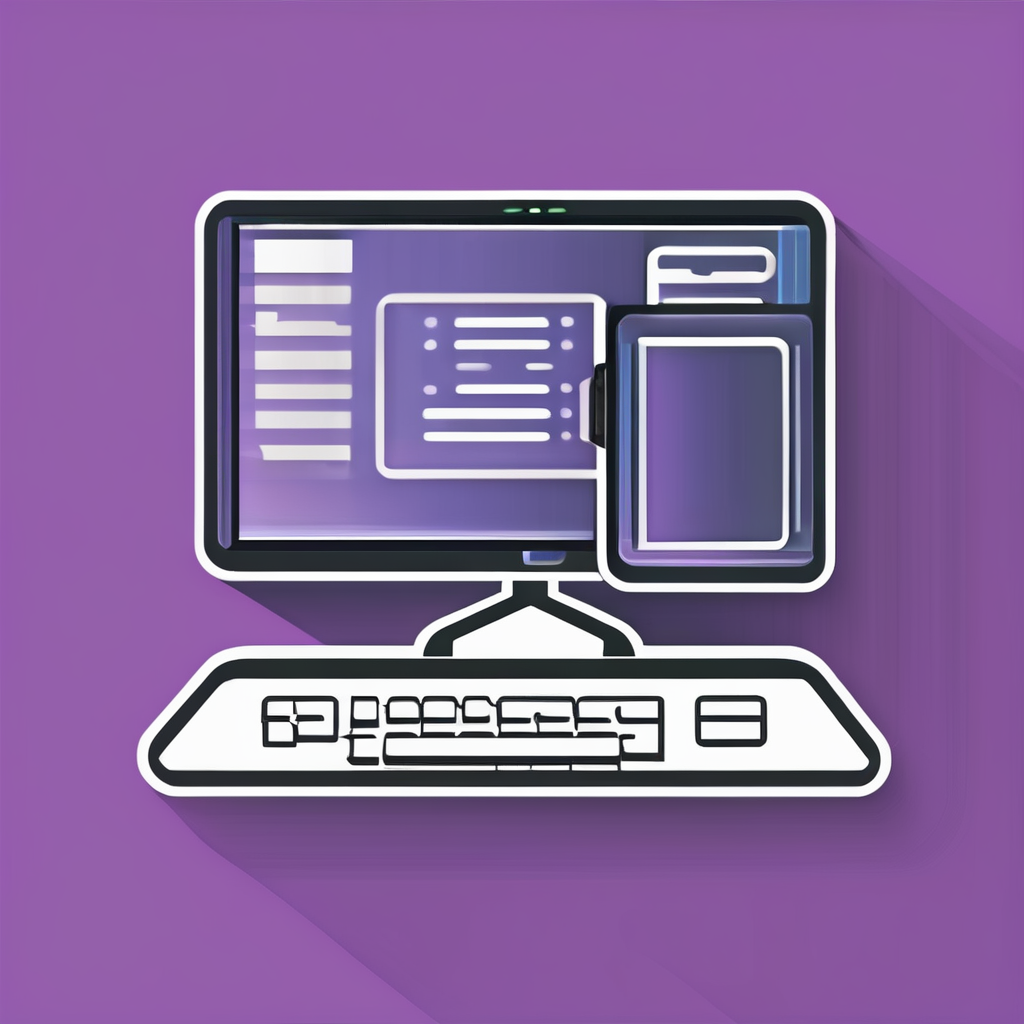Impact of Emerging Computing Technologies on UK Marketing Strategies
Emerging computing technologies in marketing UK, such as artificial intelligence (AI), big data, machine learning, the Internet of Things (IoT), and blockchain, are fundamentally transforming how businesses engage customers. These technologies enhance personalization, optimize campaign targeting, and enable real-time data-driven decision-making—a key part of the digital transformation UK marketing is undergoing.
AI and machine learning algorithms analyze vast datasets to predict consumer behavior, allowing marketers to tailor campaigns with unprecedented accuracy. Big data platforms aggregate and process this information, revealing insights that were previously inaccessible. Meanwhile, IoT facilitates innovative marketing touchpoints by connecting physical devices to digital networks, delivering richer, context-aware customer experiences.
Also to discover : How can UK brands leverage augmented reality for immersive marketing?
Blockchain introduces transparency and security to digital advertising, reducing fraud and building trust. Together, these technologies drive a transformative impact, shifting UK marketing strategies from broad-based approaches to highly targeted, agile models.
Emerging trends like hyper-personalization, programmatic advertising, and omnichannel integration are direct outcomes. Marketers leveraging these tools position themselves to respond swiftly to consumer demands, creating measurable value and competitive advantage in an evolving digital landscape.
In the same genre : How Is AI Transforming UK Computer Marketing Strategies?
Key Benefits and Innovations for UK Marketers
Enhancing marketing technology benefits UK businesses by enabling precise audience targeting and personalised marketing UK campaigns. AI and big data allow marketers to analyze consumer behaviour deeply, tailoring messages to individual preferences. This level of personalisation increases engagement and conversion rates, making campaigns more effective.
Innovation in digital marketing further boosts efficiency through machine learning tools. Automation simplifies repetitive tasks like email marketing, social media posting, and data analysis, saving time and reducing errors. This allows marketing teams to focus on strategy and creativity rather than routine operations.
Moreover, leveraging emerging technologies like the Internet of Things (IoT) and blockchain introduces new layers of transparency and security. IoT devices offer real-time consumer data, helping marketers refine campaigns dynamically. Simultaneously, blockchain enhances trust by securing transactions and verifying customer information, which is crucial for personalised marketing UK strategies focused on data privacy.
These technological advances collectively form a robust ecosystem, improving ROI and fostering stronger customer relationships in the competitive UK marketing landscape.
UK-Specific Applications and Case Studies
Exploring UK marketing technology case studies reveals practical applications driving business growth across sectors. In the retail sector, AI and data analytics have transformed customer experiences. For example, major UK retailers use machine learning to personalize product recommendations and optimize inventory management, boosting sales and reducing waste. This real-world UK example highlights how data-driven insights improve decision-making and customer satisfaction.
In financial services, blockchain and automation are gaining momentum. UK banks and fintech firms adopt blockchain to enhance transaction security and transparency. Automation streamlines compliance and customer onboarding, cutting costs and minimizing errors. These practical applications in the UK showcase the sector’s shift toward more efficient, secure operations grounded in cutting-edge technology.
Small businesses also benefit from data-driven marketing strategies. Real-world UK examples demonstrate how local shops and startups leverage affordable analytics tools to identify customer trends and tailor campaigns effectively. These success stories show that even smaller players can harness technology to compete in dynamic markets. Embracing technology boosts agility and customer engagement, essential in today’s fast-paced environment.
Strategic and Operational Challenges for UK Businesses
Navigating digital transformation challenges in the UK requires addressing several key barriers. Cost remains a significant hurdle; investing in marketing technology and updating legacy systems often demands substantial capital. Additionally, businesses must tackle the pervasive skills gap. Recruiting or training employees proficient in new digital tools is essential but often difficult, slowing adoption rates.
Data privacy regulations, particularly around GDPR, impose strict regulatory considerations in the UK. Companies must ensure compliance while innovating, a challenge that can create tension between pursuing cutting-edge marketing technologies and maintaining consumer trust. Balancing these priorities is critical. Compliance is non-negotiable, yet businesses want to leverage data-driven insights without infringing on privacy.
Integration of new tools into existing workflows presents another substantial obstacle. Many UK businesses operate on legacy systems that are not designed for seamless digital adoption. This complicates marketing technology adoption barriers, as patching diverse systems increases complexity and risk of operational disruption. Strategic planning must address this by prioritizing interoperability and gradual implementation to minimize downtime and ensure smooth transitions.
Future Trends and Opportunities in UK Marketing
As the evolving UK digital landscape continues to shift, marketers face new opportunities and challenges shaped by emerging technologies. One of the most promising developments is edge computing, which enables faster data processing closer to the consumer. This technology reduces latency, allowing real-time personalization—an asset for UK marketers aiming to meet growing consumer expectations for immediacy and relevance.
Augmented reality (AR) is also gaining traction within the future of marketing technology in the UK. Brands are increasingly adopting AR to create immersive and interactive experiences. This technology enables consumers to visualize products virtually, enhancing engagement and driving purchasing decisions—a clear example of how marketing innovation trends in the UK affect user interaction.
Looking ahead, UK consumers and businesses will demand more seamless integration between digital and physical experiences. Marketers who harness these technologies early can build a significant competitive advantage. To capitalize on these trends, it is vital to invest in agile strategies that accommodate rapid technological advancements while maintaining a customer-centric focus, reflecting the dynamic nature of the evolving UK digital landscape.
